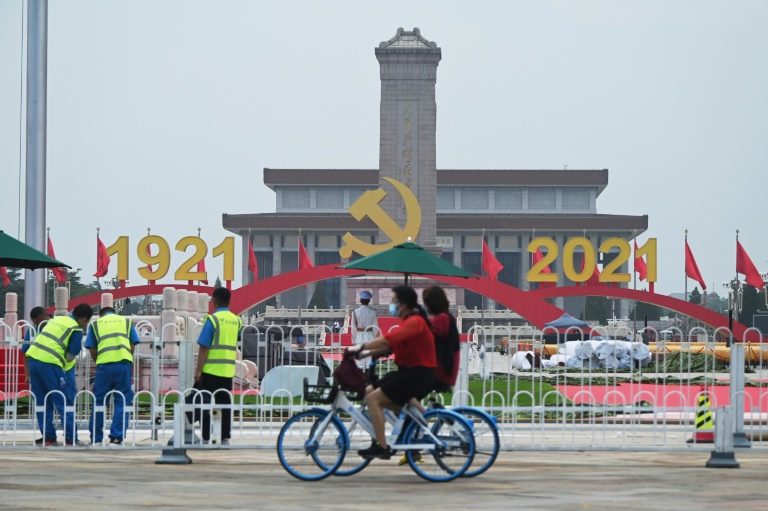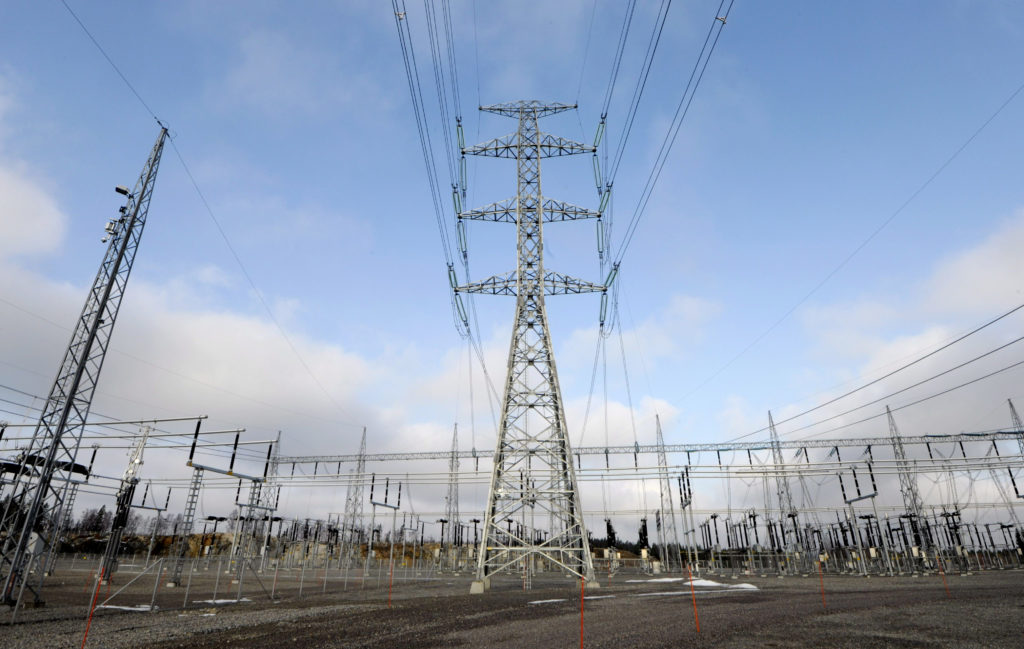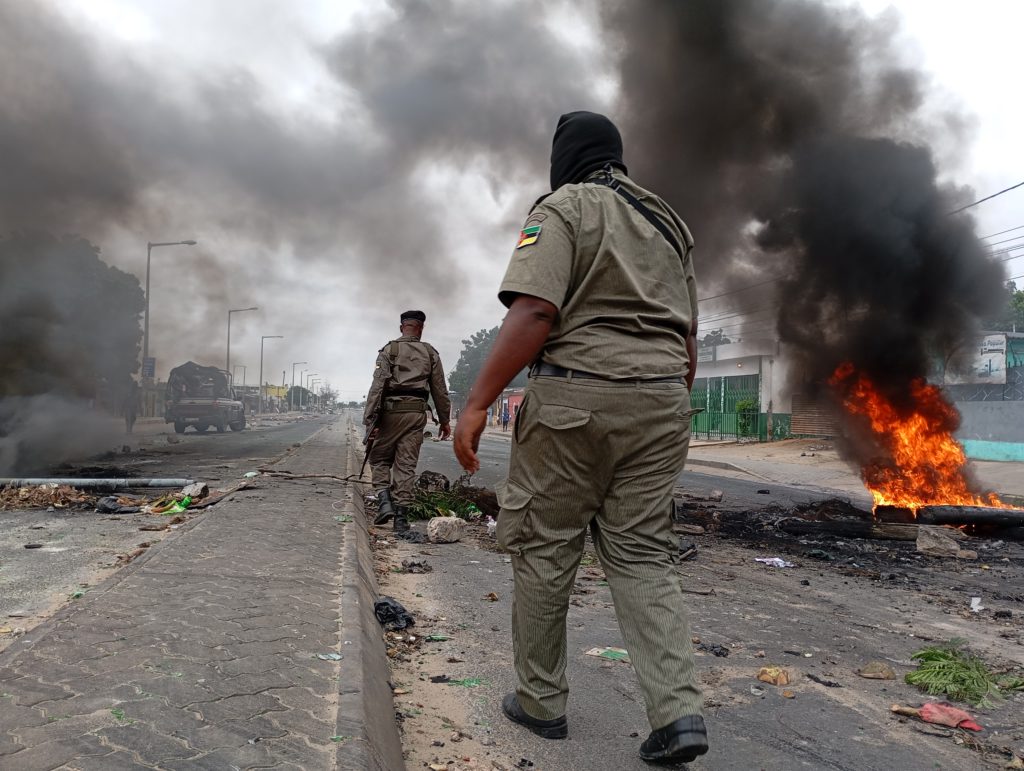President Xi Jinping will lead centenary celebrations for the Chinese Communist Party in Tiananmen Square on Thursday, pulling on history to remind patriots at home and rivals abroad of China’s — and his own — irresistible rise.
At 8 am local time (0000 GMT), above the giant portrait of Mao Zedong which dominates the square, Xi is expected to take to the podium where the famous chairman proclaimed the People’s Republic of China in 1949.
Twenty years earlier, Mao and a clutch of Marxist-Leninist thinkers in Shanghai founded the party which has since morphed into one of the world’s most powerful political organisations.
It now counts around 95 million members, garnered over a century of war, famine and turmoil, and more recently a surge to superpower status.
An elaborate celebration in Tiananmen Square is expected to culminate with a giant hammer and sickle flag trailing a formation of helicopters overhead, although the exact choreography has been closely guarded.
Focus will fall on Xi, whose speech — likely to braid the economic miracle of China with the longevity of the party — will be relayed over big screens in Beijing, where security has been beefed up.
Xi has cemented his eight-year rule through a personality cult, ending term limits and declining to anoint a successor. He has purged rivals and crushed dissent — from Uyghur Muslims and online critics to pro-democracy protests on Hong Kong’s streets.
Under him the party has pivoted to new challenges; using tech to renew its appeal for younger generations — 12.55 million members are now aged 30 or younger — while giving a Communist finish to a consumer economy decorated by billionaire entrepreneurs.
The youth “grew up in a period of China’s continuous high economic growth, they see their own living standards and China’s gradual strengthening as inevitable,” said Wu Qiang, an independent Beijing-based political analyst.
“They have little to no memory of famine or autocracy, they even have no memory of freedom.”
At the same time, Xi has presented a defiant face to overseas rivals led by the US, revving up nationalist sentiment and marketing himself as the champion of a newfound Chinese pride.
– Party time? –
In its 100th year, the party has delivered a selective version of history through films, ‘Red’ tourism campaigns and books, which dance over the mass violence of the Cultural Revolution, famines and the Tiananmen Square student crackdown.
Instead, it has driven attention to China’s rebound from Covid-19, which started in the central city of Wuhan, but has been virtually extinguished inside the country.
But reminders linger of the risks to stability.
Thursday also marks the 24th anniversary of the handover of former British colony Hong Kong to China, a date once met with mass demonstrations against Beijing.
One year ago, China imposed a draconian national security law on the city in response to huge — often violent — protests.
The measure has seen more than 64 activists charged, anti-China slogans criminalised and even the closure of a critical newspaper as the law sinks the once freewheeling city into what Amnesty International calls a “human rights emergency”.
Police have denied requests for demonstrations in the city, although several pro-democracy groups have vowed to defy a 10,000-strong police presence on the streets.
“The CCP can go to hell,” a Hong Konger who gave his name only as Ken told AFP.
“Anything that’s worthwhile, they destroy.”
burs-apj/rox/lb









